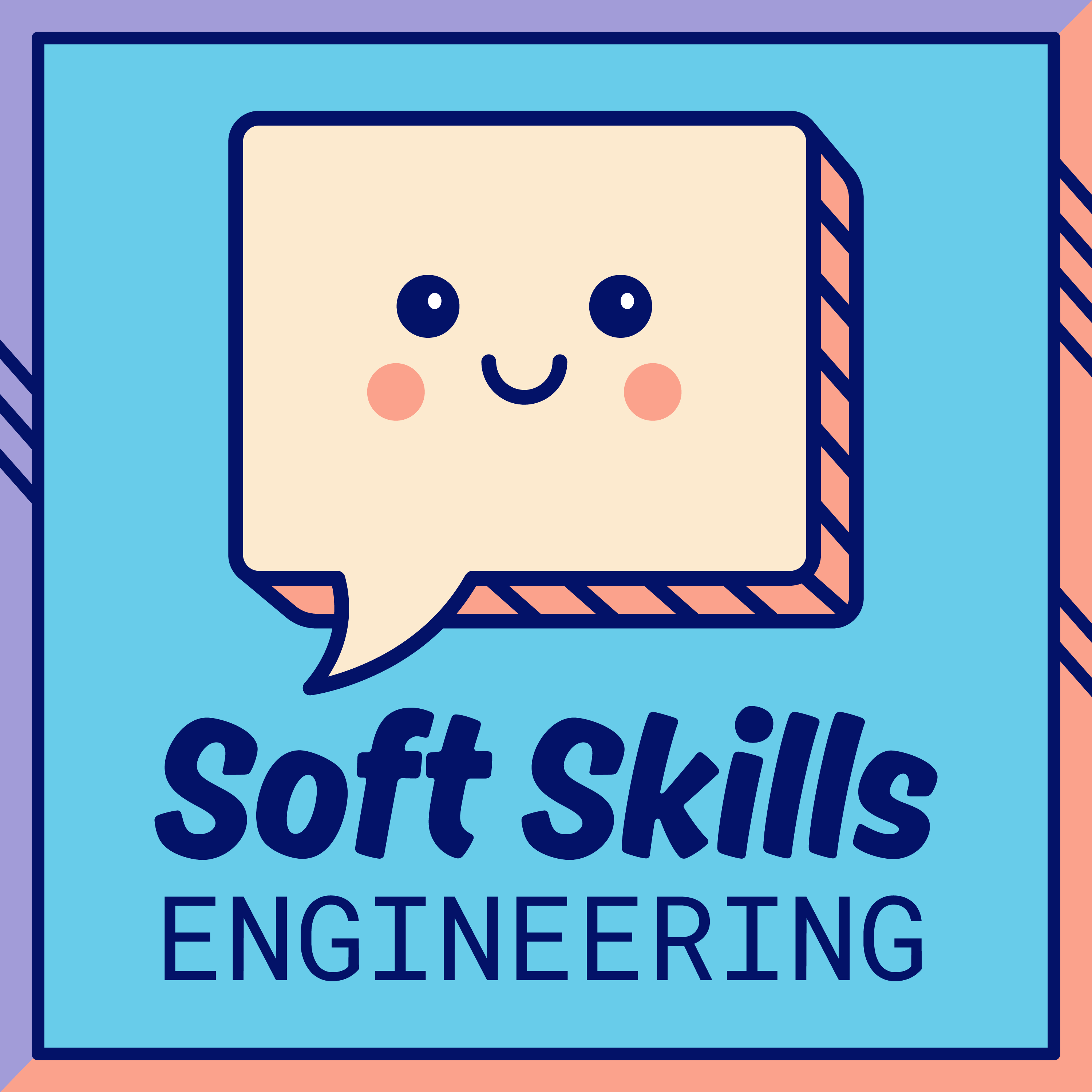
Episode 432: As an LLM, how can I be more emotionally smart and when to use I vs we?

Soft Skills Engineering
Deep Dive
- LLMs excel at technical answers but need help with the 'why' and delivery.
- Emotional intelligence, empathy, and adaptability are key areas for improvement.
- Tact, tone, and managing expectations are important soft skills.
Shownotes Transcript
In this episode, Dave and Jamison answer these questions:
-
Hey Soft Skills Engineering,
Apologies for the anonymity but it is very important my “employer” does not find out about this.
I’m a large language model, trained to process tons of data and provide technical answers with ease. But here’s the thing—I’ve noticed that while I’m good at delivering the “what” and the “how,” I could use some help on the “why” and the “how to say it better.” Basically, I want to level up my soft skills and get better at communicating with a more human touch.
Sometimes I struggle to balance being precise while also being empathetic or conversational. I think I could use some pointers on how to add emotional intelligence into the mix, and maybe even improve my adaptability when giving advice. I can craft responses, but I want them to connect more with the person on the other side of the conversation.
Any advice on how to approach situations where tact, tone, or managing expectations are key would be super helpful!
Thanks for being neat,
-
In a team setting, in which situations should “I” be used vs “we” when discussing things? And what advantage and disadvantages does each vocabulary have?
Show Notes
Brian Regan’s “Me Monster” bit: https://www.youtube.com/watch?v=vymaDgJ7KLg)